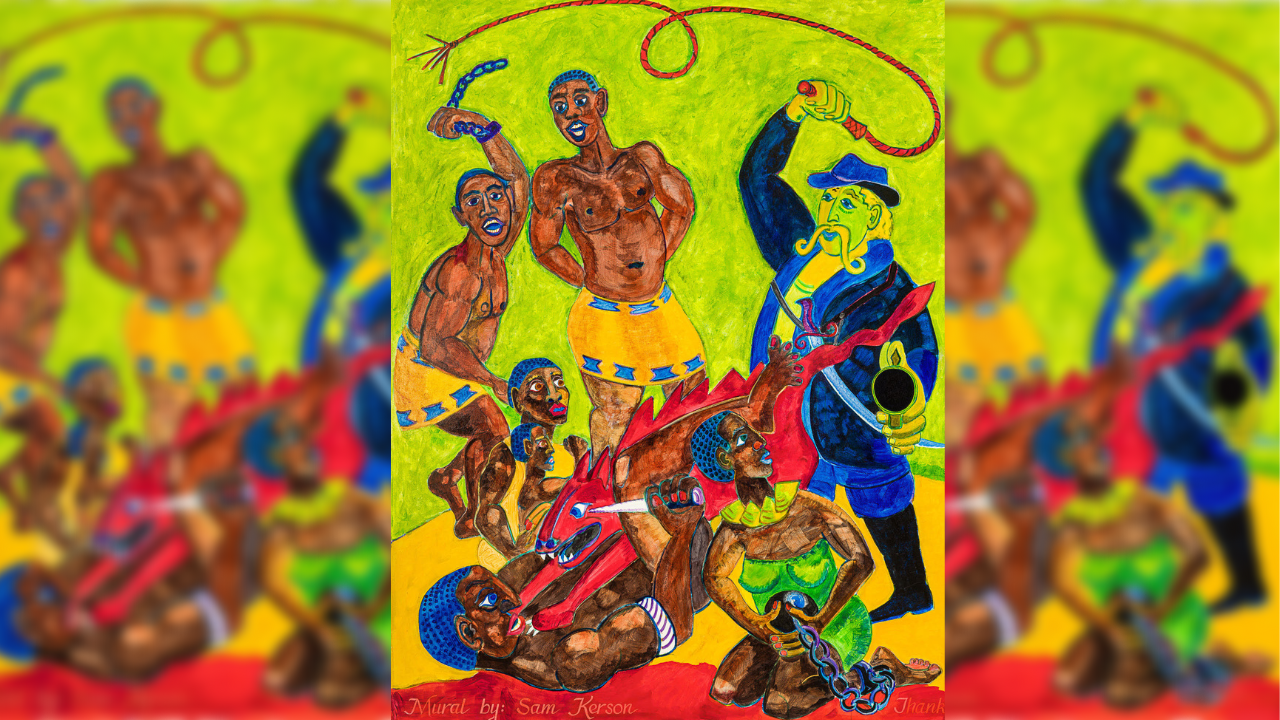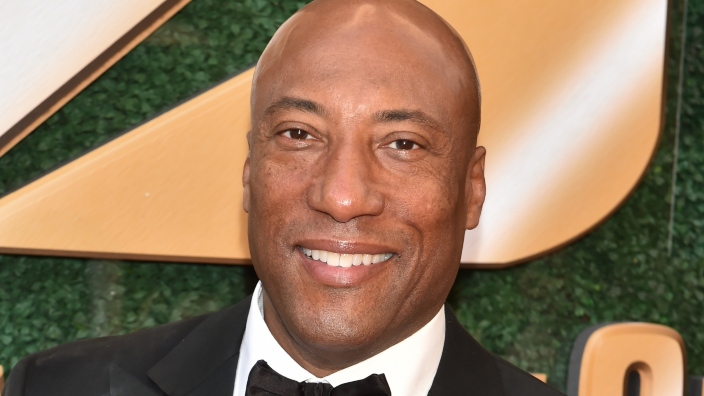Affirmative action ruling puts spotlight back on HBCUs
“Our hope is that the White House will continue to look at HBCUs as a major part of the higher education system,” said Florida state Sen. Shevrin Jones.
As students and universities across the country begin to make sense of the impact of the Supreme Court’s ruling on affirmative action, the national spotlight on historically Black colleges and universities (HBCUs) glares brighter as they stand to be prime destinations for students seeking diverse campuses.
While the rulings in Students for Fair Admissions v. Harvard College and Students for Fair Admissions v. the University of North Carolina do not completely ban race in admissions considerations, experts note that the decision will create new challenges for colleges and universities in keeping their student bodies diverse. There is already data from public universities that points to declines in Black undergraduate enrollment at institutions in states that banned race-conscious college admissions.
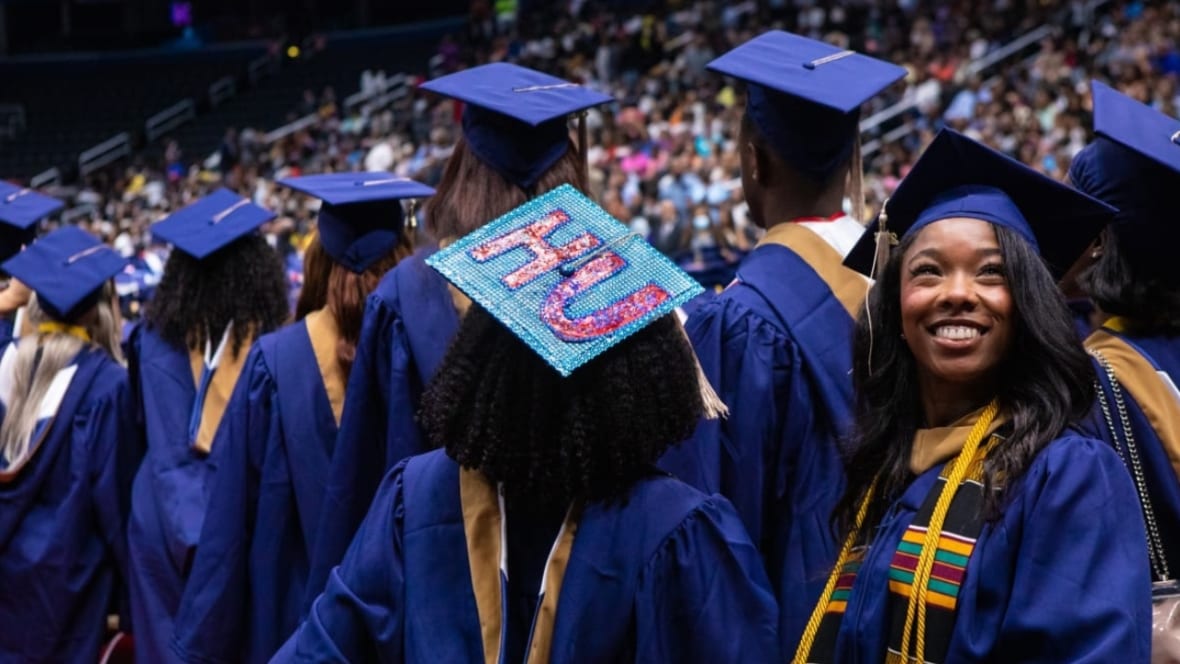
Svante Myrick, president of the progressive advocacy group People For the American Way, noted that the court’s ruling will likely lead some predominantly white institutions (PWIs) to “throw up their hands and say, ‘Well, there’s nothing we can do to encourage diversity.’”
Those colleges and universities, he said, will become “more monochromatic and less interesting to top students of all races.”
“It’s why the best universities in the world weren’t doing affirmative action because the law said they had to — they were doing affirmative action because they wanted to,” Myrick told theGrio. “They knew it made them more competitive and more attractive.”
Myrick, the former mayor of Ithaca, New York, said such institutions will likely lose good students because “young people want to study in diverse environments.”
As those enrollments potentially decline and students consider alternatives, they could see HBCUs as prime destinations. A similar situation occurred following the anti-racism uprisings in 2020 when Black students turned to HBCUs as academic safe havens.
Tennessee State University president Glenda Glover told theGrio it’s more of an “assumption” that students could flock to HBCUs in light of the Supreme Court ruling, but said she would welcome it.
“We’re hopeful that as students consider higher education, they will consider HBCUs,” said Glover, who is also vice chair of President Joe Biden’s White House Board of Advisors on HBCUs.
Glover pointed out that enrollment at HBCUs has increased over the past couple of years. She credited some of that to the election of Vice President Kamala Harris, who is a graduate of Howard University and the first HBCU alum to serve as vice president. Harris helped bring a national spotlight on the historical institutions that provided education to Black Americans when PWIs refused to admit them.
Leaning on Harris’ connection to the HBCU experience, the Biden-Harris administration consistently touts its record funding for the historical institutions. Education Secretary Miguel Cardona told theGrio that, to date, the administration has issued more than $7 billion.
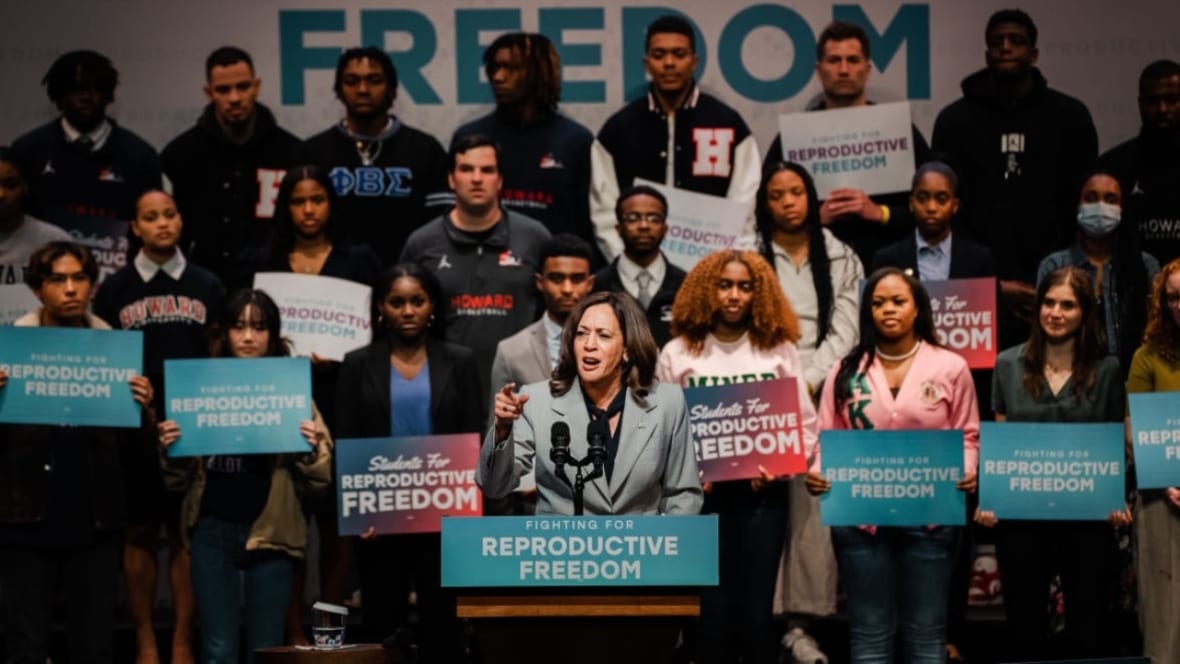
“This administration has provided more support in two years than any other administration for historically Black colleges and universities, and we’re going to continue,” Cardona said during a White House press call last week after the Supreme Court’s ruling on affirmative action.
The Biden administration has sought to level the playing field for HBCUs through targeted investments, including increasing Pell Grants and improving access to federal funding for research and development.
Cardona noted that in the American Rescue Plan, the administration secured a waiver in order for some funds to be used for repairing infrastructure. These actions were critical because, as he put it, HBCUs “punch above their weight.”
But as interest in HBCUs grew, increased enrollment inadvertently caused a housing shortage for some campuses. If concern over affirmative action policies drives up enrollment further, it could exacerbate already strained resources and funding.
“Do we have to increase our capacities to serve? Yes,” Glover told theGrio. The TSU president said that last fall, the school’s student population more than doubled, which caused housing and infrastructure challenges for the campus.
Despite those challenges, Glover said she sees the role of TSU and other HBCUs as working to “stay prepared at all times to make sure that we’re ready to serve the students,” which includes having funds to provide more financial aid and scholarships.
Florida state Sen. Shevrin Jones, who also sits on the White House Board of Advisors on HBCUs, noted that PWIs don’t face the same financial and infrastructure challenges.
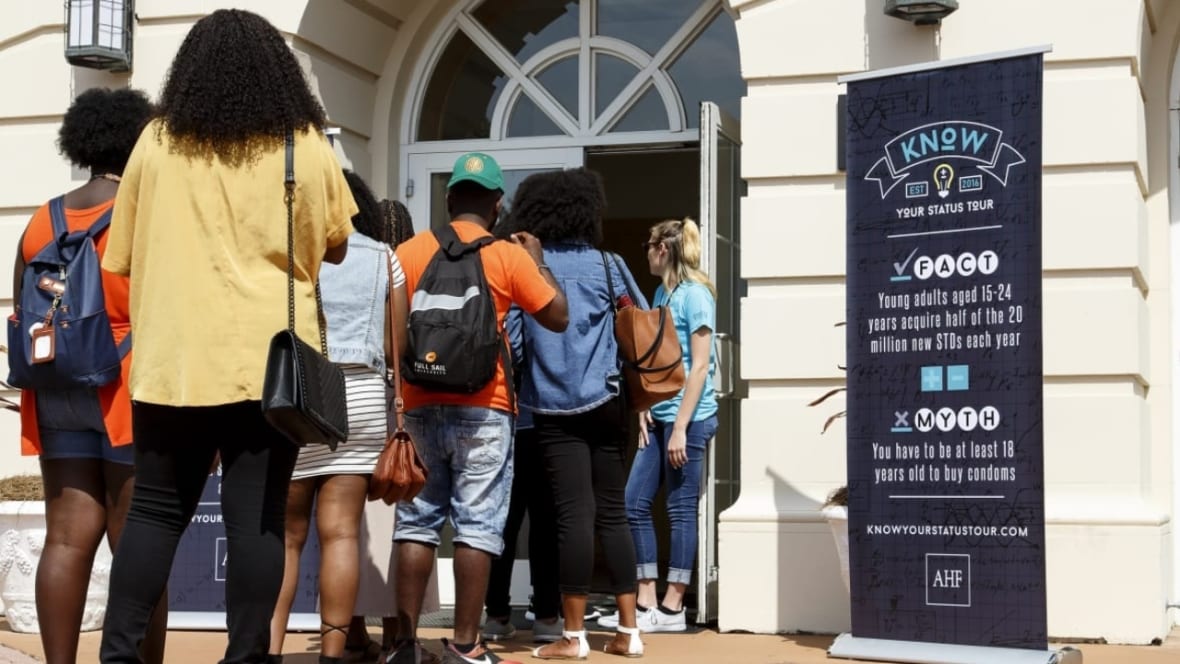
“There is no equity in the amount of dollars that PWIs receive when it comes to them being able to do any external or internal renovations, external or internal redevelopments,” said the graduate of Florida A&M University.
He added: “We already know that HBCUs tend to already not have the resources to be able to do those internal grooves [and] be able to take on the capacity of students that are coming now or later.”
In an effort to secure needed resources, Jones told theGrio, the board unanimously approved a report for the White House on HBCUs with proposed policies that would allow them to thrive better. One major proposal involved expanding the amount of federal funding that can be used for infrastructure projects. Another is related to adjusting compliance rules.
“Our hope is that the White House will continue to look at HBCUs as a major part of the higher education system,” said Jones.
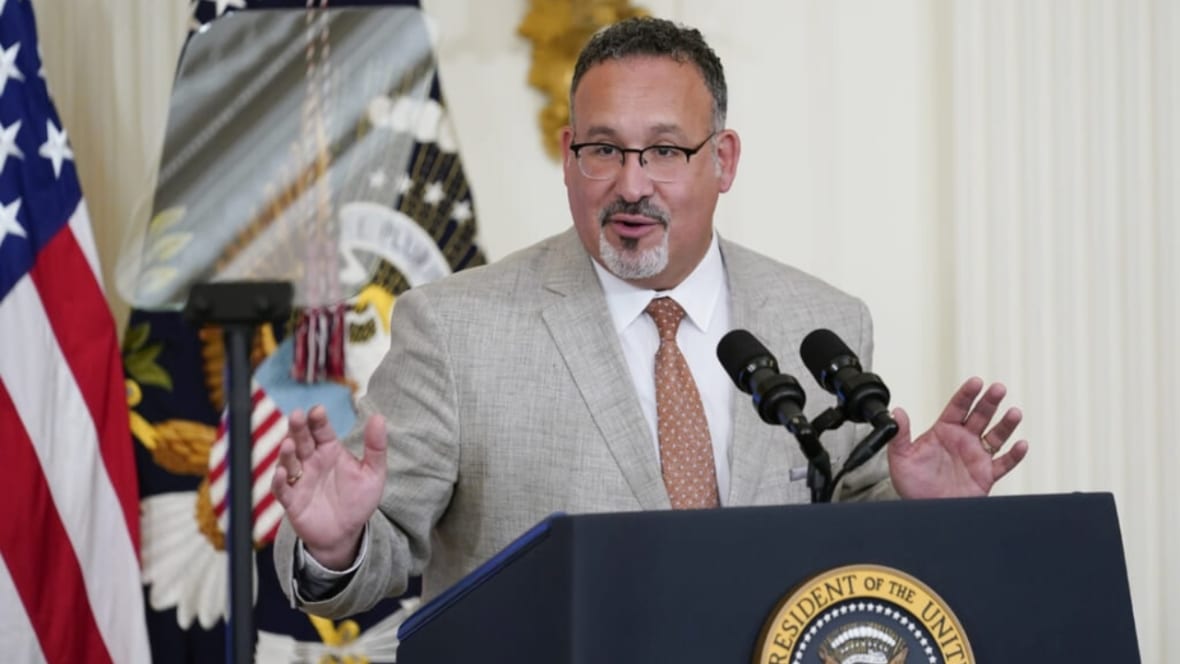
Cardona told theGrio that the administration sees supporting HBCUs as going beyond providing more resources. Through its board of advisors and roundtables with stakeholders, he said, the White House is “listening to them to see what they need.”
Giving HBCUs a seat at the table is about “making sure that we’re advocating for the appropriate dollars for the right thing so that they can have a level playing field and continue to contribute to this country,” he said.
While he concedes the Supreme Court’s affirmative action ruling was a “step backward,” Cardona said it also is “strengthening our resolve to make sure that we come together with good ideas to make sure that the benefit of diversity on campus is felt throughout the country.”
“Everyone benefits from it,” he contended, “and we’re on it.”
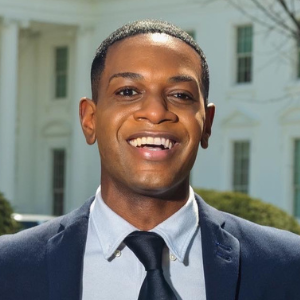
Gerren Keith Gaynor is a White House Correspondent and the Managing Editor of Politics at theGrio. He is based in Washington, D.C.
TheGrio is FREE on your TV via Apple TV, Amazon Fire, Roku and Android TV. Also, please download theGrio mobile apps today!
